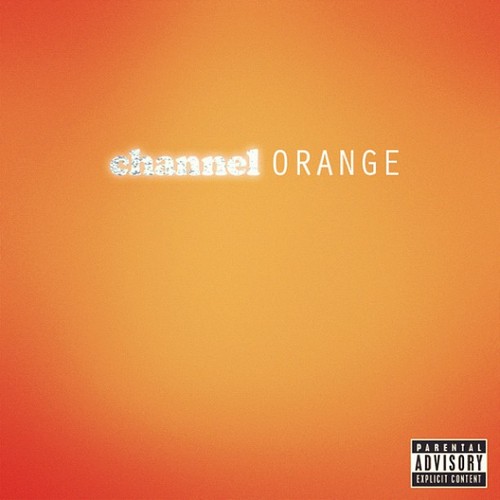

In the second verse, as though delivered with a sly wink, Frank takes a bygone lover to task. The song relies on a mischievous repurposing of language. The delicate pronoun wordplay in “Thinkin Bout You,” for example, has a way of obliterating any notion of a gender binary, fusing the colloquial and personal “boy,” into something of a subconscious missile. That kind of radical inquisitiveness pulses through the project, which was released as a kind of “Fuck You” to the reticent major labels unwilling to release it. Frank managed to bring an existential sensibility to R&B, like on “Songs for Women,” in which Frank takes a meta approach to the traditional love song. Throughout his debut mixtape, 2011’s Nostalgia, Ultra, he reveals himself, as a songwriter, to be chiefly concerned with not just his emotions, but with the nature of feeling itself. OF were far from the first “alternative” Black artists in the mainstream, but the ways in which they wholeheartedly rejected the framework of identity remains novel to this day.Īnd Odd Future’s genuinely punk ethos matched well with Frank Ocean’s empathic detachment. We still don’t quite have the language to articulate the shift brought about by a band of skateboarding Black teens with a penchant for rap music and horror films. Already, the Los Angeles-based crew of punk-looking rappers were reconfiguring the contours of not only hip-hop but also of Black life in America. Born Christopher Edwin Breaux in New Orleans, Frank made his way into the mainstream through the crater-sized back door his Odd Future compatriots blew open during the two years leading up to Channel Orange’s release.


 0 kommentar(er)
0 kommentar(er)
